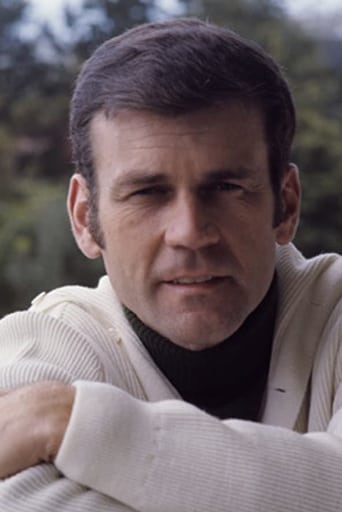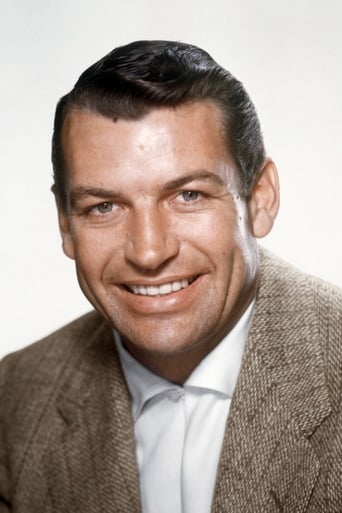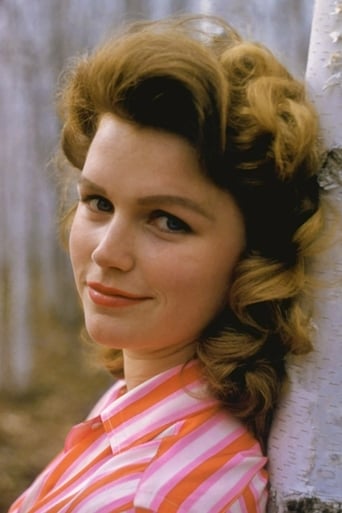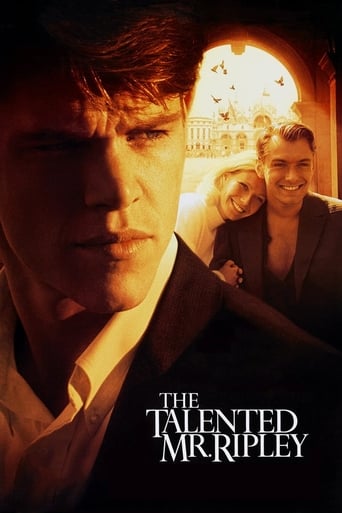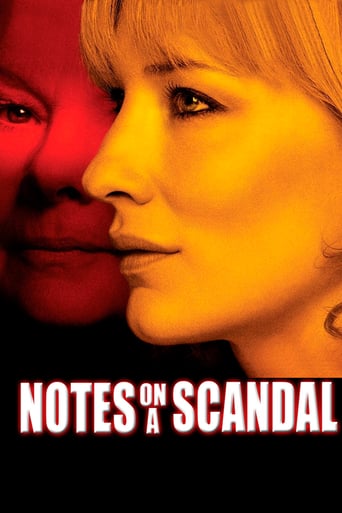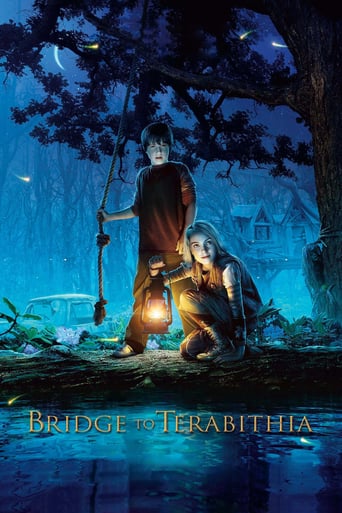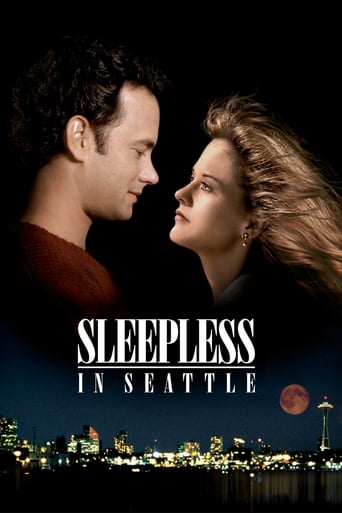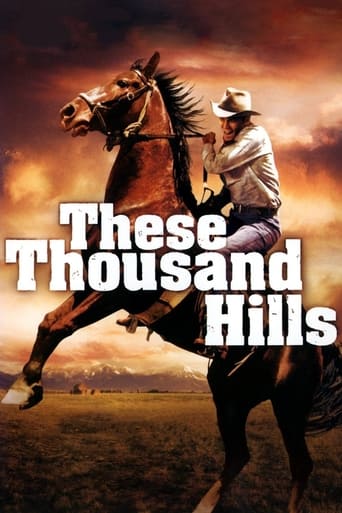
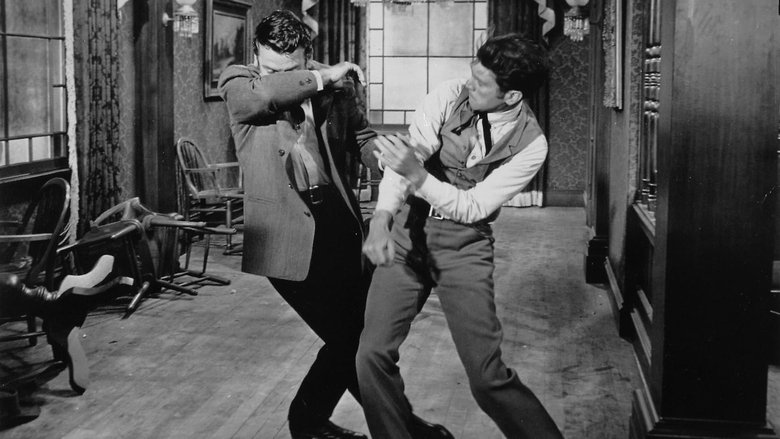
These Thousand Hills (1959)
A cowboy tries for easy money with his partner, then tries ranching with a saloon hostess's money.
Watch Trailer
Cast
Similar titles

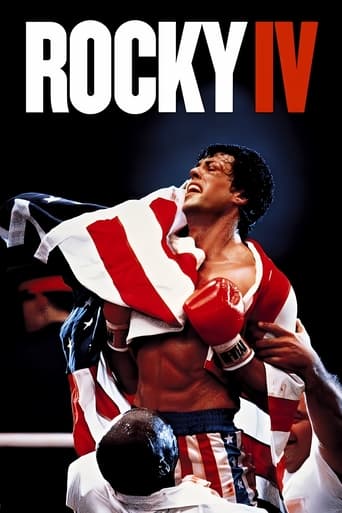
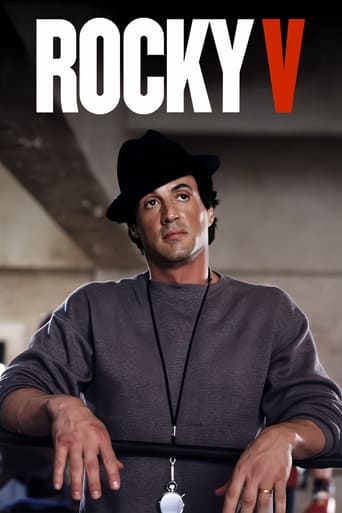
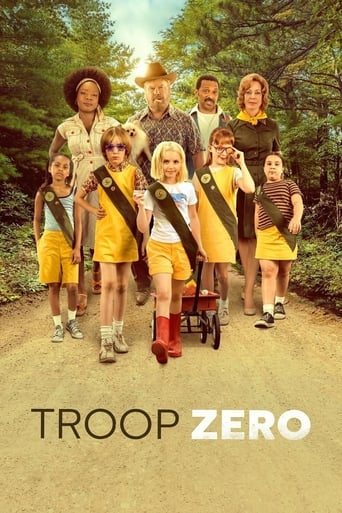
Reviews
Best movie of this year hands down!
Good concept, poorly executed.
In truth, there is barely enough story here to make a film.
It's simply great fun, a winsome film and an occasionally over-the-top luxury fantasy that never flags.
On the cheesy, moralistic front, there's Richard Fleischer's These Thousand Hills, an almost-grown up oater with Don Murray, Lee Remick, Richard Egan, and Stuart Whitman. Murray is a young cowpuncher who wants to hit it big ranching in Montana. Unfortunately he's too damned handsome and Wonder Bready for my tastes and he gets started growing awfully big for his britches, especially after he borrows stake money from the only prostitute in town who doesn't look like a 50s movie tramp (that's the always luminescent Remick we're talking about here). Murray proceeds to torque off or become a political pawn to just about everyone in town.Except the reptilian Egan, an actor I love to watch because he oozes a sort of John Huston in Chinatown vibe. I guess he doesn't like Murray because he sees a shred of good in him.Anyway, you'll notice just how nearly raunchy the plot is. Murray and Remick have s-x, and it's really obvious because he looks happy, gazing off at the wallpaper and she brushes her hair, staring off at how many brushes she's up to. There's talk of tramps, political chicanery, somebody getting a bullet through his face, and after Murray grows a pair but before he settles a score with Egan, we dopes in the audience are reminded--using reverse-psychology--that the establishment's morality is pretty-well fubar. Almost, almost edgy stuff there. Remember, 1959 wasn't that long before the end of the Production Code, and Hoary-wood was experimenting with heroes that weren't squeaky-clean. It was interesting watching how immoral our hero becomes before he pulls his head out. I can just see Joe and Jane Suburbia, going with the kiddies to the movies, and walking out in a kerfluff over how dirty These Thousand Hills was. I personally thought it was quaint, cheesy, and morality-wins-uber-alles, which, believe it or not, made this reject from the Lifetime Movie Network actually satisfying.Plus, the scenery was pretty and Remick, with a split lip and blackened eyes (guess who did that to her, folks!) is still breathtaking.
Average western with advantage of good cast. Don Murray is okay in the lead, he never really had that elusive something to be a great movie star but is a fine actor but a more magnetic actor, Robert Mitchum or Burt Lancaster for example would have raised the film up a notch. The supporting cast is full of familiar faces that all provide excellent work, the real standout is Lee Remick who offers up a delicately shaded performance of a girl whose life has been full of bad breaks and hard luck. It a shame her part is relatively small since she's the most compelling character and actor in the film. The color and cinematography are also noteworthy. Not a bad movie just not great.
This is the story of a cowboy Lat Evans (Don Murray) driven by blind ambition who is not fair to the woman who loves him and helped him (Lee Remick) and his best friend who saved his life (Stuart Whitman). Richard Egan has a good performance as the villain, who is also after Remick but treats her badly. Murray's attitude in relation to Remick and Whitman is so cruel and shocking that even when he tries to redeem himself you are not convinced that he has suffered enough. When the film starts you look at Murray like a standard western hero, and the fact that when the film ends it still tries to make you believe Murray is a good guy who paid for his sins, leaves the spectator with a feeling something is missing. I liked the film, but did not like the ending.
Don Murray plays Latt Evans, an ambitious cowboy who puts himself in the fast lane for success in Montana's cattle country. There is a very good supporting cast in this story with Stuart Whitman as his friend, Albert Dekker as a banker and Patricia Owens as the banker's niece. Lee Remick plays her usual strong role as Callie, another friend of Evans. Richard Egan plays an uncharacteristically villainous role and does it pretty well."Remember", Evans' trail boss tells him, "people change. They don't turn out like they started." He realizes that people make decisions and that these decisions have implications for them and others around them. The boss knows Evans better than he knows himself.In his desire to get ahead Evans loses sight of what's important in life. He works two jobs on the cattle drive that brings him to Montana. He spends a hard winter poisoning wolves. In the end it is a friend's generous loan which gives him what he really wants, his own ranch. Almost too late, he realizes in a scene reminiscent of "The Virginian" that it is friends that really matter.There are two women in Evans' life and both Remick and Owens do well in their roles. Remick's character is much better developed in the script. She is more than slightly tarnished woman in the traditional Western morality. Albert Dekker advises Evans to stay away from the bordello if he is serious about making something of himself. Callie appreciates her status in the community. "I'm not worth it," she advises Evans at one point when he is about to pick a fight for her. Although she loans Evans the money to get him started she expects nothing for it. The loan is repaid and he owes her nothing more. Even the note Evans receives at the end asking for help was written by someone else.Patricia Owens plays the banker's niece and eventually becomes Evans' wife. Her character is respectable compared to Callie. She doesn't understand Evans' friendship with Callie, but she tries to do so. Unfortunately, the film does not do her character justice. Evans says that he loves her, but her character gets such short shrift that it's hard to tell why. Is it because she's respectable and Callie's not? I'd like to think there's more to it than that and Owens' role certainly hints at some depth to her character.The fight at the end probably ranks in the top ten in screen fist fights. It is reminiscent of "The Spoilers", except that this time the mud is in glorious color.The ending is only partially satisfying. There are too many loose ends. The relationship between Evans and his wife is clarified in the ending, but Callie's fate is left to the imagination. Evans will testify at her trial. "Will it be the truth?", his wife asks. "Yes", he responds. "Then you testify", she says. What happens to Evans' position in the community and his political aspirations in light of his support for a prostitute? The viewer can reach his own conclusions about these issues, too. Perhaps that's appropriate. Evans does what he thinks is right. Who can argue with that?
